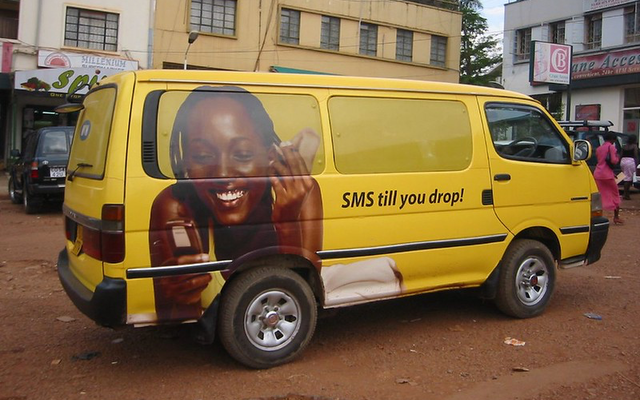How do people in poor countries use SMS text messaging in their daily life?
SMS (Short Message Service) text messaging is widely used by people in poor countries in their daily lives for a variety of purposes.
SMS text messaging is a powerful tool for communication and access to information and services in developing countries, and plays a crucial role in the daily lives of many people. For example:
- Communication: SMS text messaging is often used as a primary means of communication, especially in areas with limited or no access to other forms of communication, such as phone or internet.
- Banking and financial transactions: In many developing countries, people use SMS text messaging to access financial services, such as mobile banking, money transfers, and payments. This can be especially important for people who are unbanked or underbanked.
- Healthcare: SMS text messaging is often used to access health information and services, including telemedicine and disease surveillance. It can also be used to receive reminders for appointments and medication.
- Education: SMS text messaging is used to access educational resources, such as online courses and educational videos. It can also be used to receive updates and alerts about school closures, exams, and other important information.
- Social networking: SMS text messaging is used by many people in developing countries to stay connected with friends and family, and to share news and information.
10 Global Digital Health Solutions for International Coronavirus Response
Global coronavirus infections now exceed 100,000 confirmed cases in 97 countries, with over 3,400 deaths from COVID-19, leading to international travel bans and...
Is the Era of SMS Dead? Long Live Interactive Voice Response!
The death of SMS text messages has been foretold many times in the past. However, they are still the best low-tech way to reach everyone with a mobile phone. Or...
When Is the Best Time to Send IVR and SMS Messages to Farmers?
While India‘s total fertiliser consumption is less than the global average, it is the second largest consumer of urea (a nitrogen based fertilizer) in the...
Which ICT4D Solution is Best for Your Project?
When you buy electronic hardware like mobile phones or laptops, you check reviews, comparisons, test videos, and other resources typical for consumer products. ...
EduTech Surprise! SMS Beats WhatsApp for Teen Test Prep
Secondary school students in Cameroon spend the entire last month of their final year in school preparing for their Baccalaureate. Passing it and scoring well marks...
Do Financial Incentives Increase SMS Survey Response Rates?
When organizations set out to use our platform for mobile data collection via SMS or IVR, implementers often ask, “what response rate will I get from my survey?”,...
Beware the Mobile Phone Hardware Quality Divide for Rural African Women
We all can celebrate the massive adoption of mobile phones across the African continent, and be astonished at the rapid uptake of smartphones in countries like...
5 Guidelines for Using Mobile Messaging Applications in International Development
By 2018, 3.6 billion people were using mobile messaging applications – nearly half of humanity. This has been both a driver and a result of increased connectivity...
The Feature Phone is Not Yet Dead in Africa – Your Weekend Long Reads
Quartz Africa reports that last year feature phones won market share from smartphones in Africa. The market share of smartphones fell to 39% in 2017 (from 45%),...
Reinventing the Call Centre for Better Healthcare Services in Uganda
Uganda is one of the youngest countries in the world with 81% of Uganda’s population under age 35. Public health programs in Uganda are constantly faced with...












